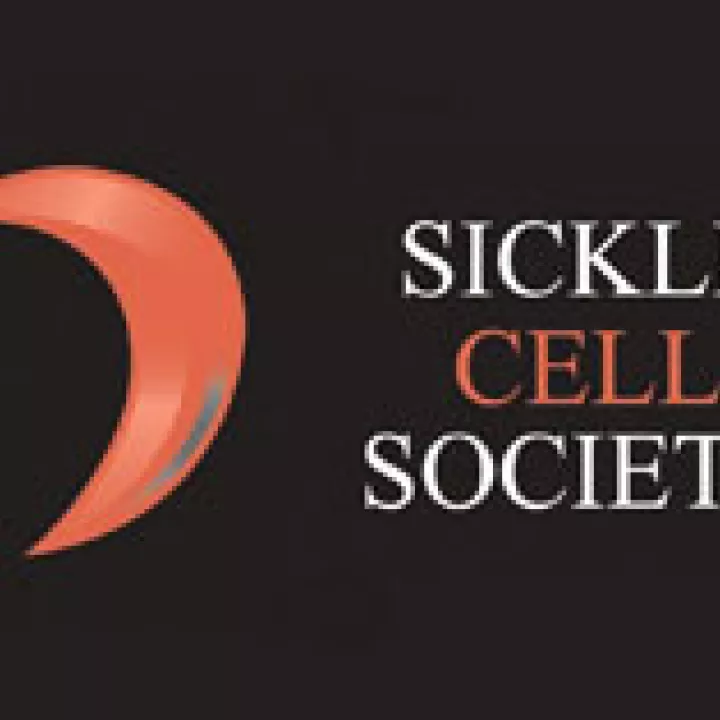Condizione
Sickle Cell Disease
Sickle cell disease (SCD) is a group of genetic diseases. The most serious type is called sickle cell anaemia. People with SCD produce abnormally-shaped red blood cells. These abnormally-shaped cells do not live as long as healthy red cells. They can 'clump' and block blood vessels, depriving tissues of oxygen. SCD is a lifelong condition requiring ongoing management, with initial symptoms usually appearing in early childhood. Many countries in Europe routinely screen newborns for SCD as part of the newborn blood spot test ('heel prick test').
People living with SCD experience episodes of severe pain called sickle cell crises (SCC), which can last for up to a week and may require hospitalisation. SCD can also cause anaemia, which can lead to fatigue and shortness of breath, and in severe cases may require an emergency blood transfusion. People with SCD are also more susceptible to serious infections. SCD can also cause other health issues, such as delayed growth or onset of puberty, lung problems, and stroke.
